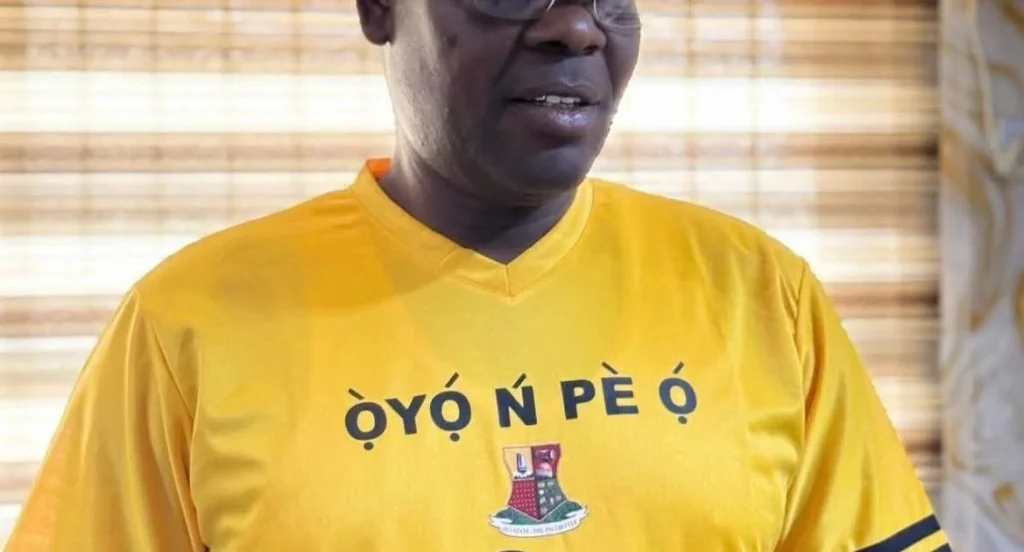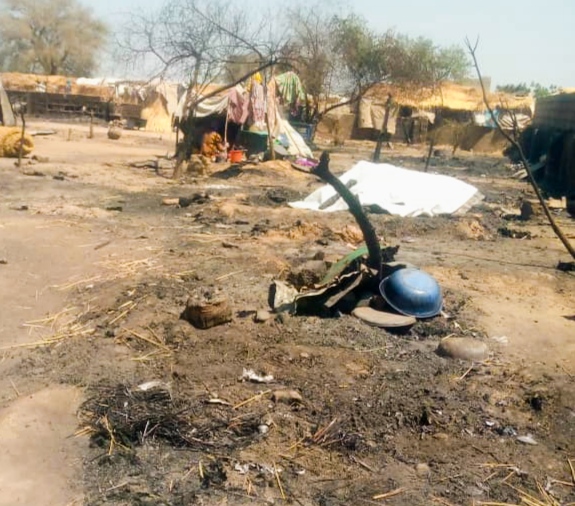Ghana’s “Nigeria Must Go” Protests: Retaliation for 1983 Incident, Says Ghanaian Media Personality
Ghana is grappling with a wave of protests demanding the deportation of Nigerians, sparking debate and claims of historic retribution. A prominent Ghanaian media figure has posited that these demonstrations are a response to a mass deportation of Ghanaians from Nigeria in 1983.
SOG Precious, a media strategist with Starr, shared his perspective during an interview on Channels TV’s Morning Brief on Friday. “This is a form of retaliation for what happened in 1983,” he said, in reference to the ‘Ghana Must Go’ incident, which saw thousands of Ghanaians summarily expelled from Nigeria under the regime of former President Shehu Shagari.
Precious’ comments came amidst a viral video showing Ghanaian protesters brandishing placards advocating for the expulsion of Nigerians. He also insinuated that data suggests Nigerian nationals, especially young women, are notably involved in prostitution and other illicit activities in Ghana.
However, Nigerian authorities have sought to calm tensions. Bianca Odumegwu-Ojukwu, Nigeria’s Minister of State for Foreign Affairs, appealed for calm, asserting that there is “no cause for alarm.” Similarly, Nigeria’s High Commissioner to Ghana, Ambassador Demola, clarified that the protests aren’t targeting all Nigerians but rather those engaged in undesirable activities.
Recall that the ‘Ghana Must Go’ incident was a nadir in the relationship between the two West African nations. The mass deportation was triggered by economic anxieties and perceptions of Ghanaian dominance in Nigeria’s informal sector.
As Ghana and Nigeria navigate their complex bilateral relations, businesses and individuals are watching developments closely. Both nations are major hubs for each other’s citizens, with significant stakes in the success of their neighbor’s economy. The Maintenance of Investment Code, a key treaty meant to protect cross-border investments, is being tested in the face of these tensions.
While protesters demand stricter immigration policies, the Nigerian High Commission emphasizes targeting only those with questionable activities. How these delicacies will play out remains uncertain, but one thing is clear: both countries must tread carefully to preserve their vital ties.
Words: 398



